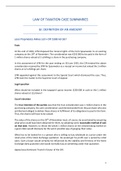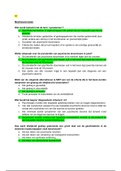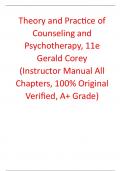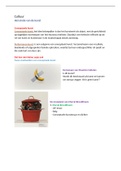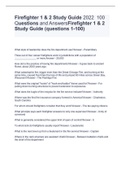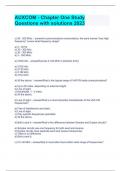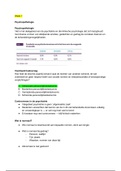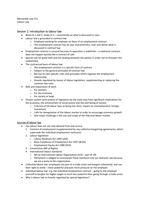Summary
Summary Law of Taxation 411 Case Summaries
- Course
- Institution
The document contains a neat and comprehensive summary of the case law prescribed for the final year semester module, Law of Taxation 411. The author of the notes placed within the top 10% of students in the module group and passed the module with a distinction.
[Show more]
